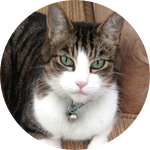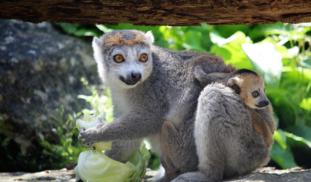Please wait...
About This Project
Lemurs are in Trouble. They are the world’s most endangered vertebrates, and attempts to reintroduce captive-raised lemurs to the wild may be necessary within a decade. We will investigate whether lemurs born and raised in zoos have essential skills needed to survive in the wild by extracting food from a novel ‘False Fruit’ and navigating a complex 3D maze we call the ‘Tangled Tree’. Boot camp is tough and there’s no cheating allowed - they will receive no help or training on the tasks!

Browse Other Projects on Experiment
Related Projects
Does incurring a cost influence helping behavior in rats?
Interest into the evolution of empathy in non-humans has recently sparked a series of experiments exploring...
Lemur Boot Camp! Challenging survival skills for reintroduction
Lemurs are in Trouble. They are the world’s most endangered vertebrates, and attempts to reintroduce captive...
How Can We Improve Support for Bonobo Conservation Among the Congolese?
Bonobos, humans' closest living relative found only in the Democratic Republic of the Congo, are gravely...





